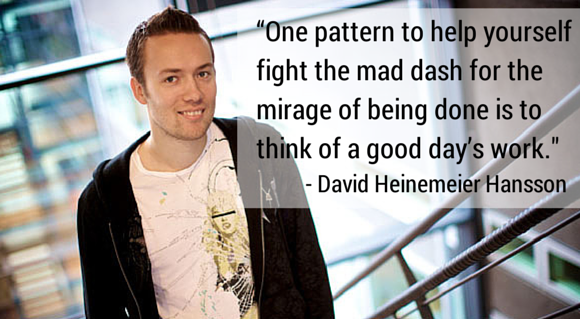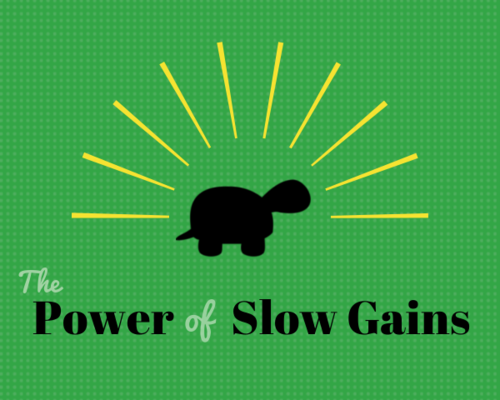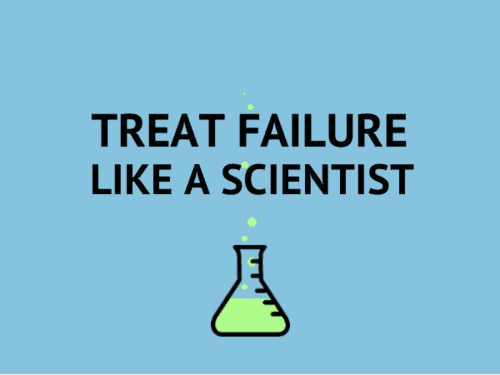For the most productive people, the work is never done. The problem is that when there’s always more work to do, how can you possibly end your day and go home without feeling stressed out and guilty?
You might think that this is just a personal problem, but it turns out that this is a struggle that even the most successful entrepreneurs have had to grapple with.
Here is the system that three highly effective and seasoned tech executives use to manage their own psychology. It’s not sexy, but it’s incredibly powerful, and it’s a simple process you can start today — tracking and reflecting on your day’s accomplishments.

“One pattern to help yourself fight the mad dash for the mirage of being done is to think of a good day’s work. Look at the progress of the day towards the end and ask yourself: ‘Have I done a good day’s work?'”
—David Heinemeier Hansson, 37signals
Taking time for daily reflection on the question “Have I done a good day’s work” is “liberating” because if the answer is yes, “you can leave your desk feeling like you accomplished something important, if not entirely ‘done.'”
If the answer is no, you’re empowered to delve more deeply into why that happened and how you can fix it.
For the people who think they’re too busy to take time out for what sounds like just another task, here’s the twist — “it feels good to be productive,” and feeling productive requires that you take time out to recognize your accomplishments.
When you do, you’ll get on a roll and you’ll want to keep the momentum going. “And if you can keep the roll, everything else will probably take care of itself.”
Read more











 Dr. Schueller is a professor at Northwestern University’s Feinberg School of Medicine and member of the Center for Behavioral Intervention Technologies, where he works on developing internet and mobile interventions in behavioral and mental health service delivery. (This is the first installment of our interview. Head here for the second,
Dr. Schueller is a professor at Northwestern University’s Feinberg School of Medicine and member of the Center for Behavioral Intervention Technologies, where he works on developing internet and mobile interventions in behavioral and mental health service delivery. (This is the first installment of our interview. Head here for the second,